Becoming a PMP(R) Certified Professional. A study guide to mastering project management for the PMP® exam J. Ashley Hunt
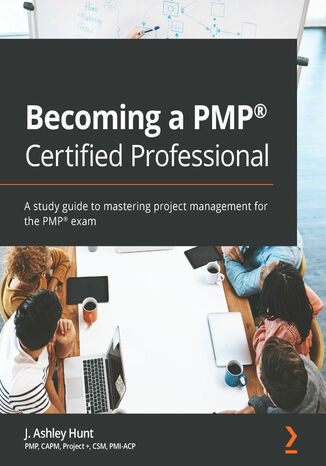



- Autor:
- J. Ashley Hunt
- Wydawnictwo:
- Packt Publishing
- Ocena:
- Stron:
- 826
- Dostępne formaty:
-
PDFePubMobi
Opis
książki
:
Becoming a PMP(R) Certified Professional. A study guide to mastering project management for the PMP® exam
This PMP study guide covers all of the 10 project management knowledge areas, 5 process groups, 49 processes, and aspects of the Agile Practice Guide that you need to tailor your projects. With this book, you will understand the best practices found in the sixth edition of the PMBOK® Guide and the newly updated exam content outline. Throughout the book, you'll learn exam objectives in the form of a project for better understanding and effective implementation of real-world project management tasks, helping you to not only prepare for the exam but also implement project management best practices. Finally, you'll get to grips with the entire application and testing processes in PMP® and discover numerous tips and techniques for passing the exam on your first attempt.
By the end of this PMP® exam prep book, you'll have a solid understanding of everything you need to pass the PMP® certification exam, and be able to use this handy, on-the-job desktop reference guide to overcome challenges in project management.
Wybrane bestsellery
Packt Publishing - inne książki
Dzięki opcji "Druk na żądanie" do sprzedaży wracają tytuły Grupy Helion, które cieszyły sie dużym zainteresowaniem, a których nakład został wyprzedany.
Dla naszych Czytelników wydrukowaliśmy dodatkową pulę egzemplarzy w technice druku cyfrowego.
Co powinieneś wiedzieć o usłudze "Druk na żądanie":
- usługa obejmuje tylko widoczną poniżej listę tytułów, którą na bieżąco aktualizujemy;
- cena książki może być wyższa od początkowej ceny detalicznej, co jest spowodowane kosztami druku cyfrowego (wyższymi niż koszty tradycyjnego druku offsetowego). Obowiązująca cena jest zawsze podawana na stronie WWW książki;
- zawartość książki wraz z dodatkami (płyta CD, DVD) odpowiada jej pierwotnemu wydaniu i jest w pełni komplementarna;
- usługa nie obejmuje książek w kolorze.
Masz pytanie o konkretny tytuł? Napisz do nas: sklep@helion.pl
Książka drukowana



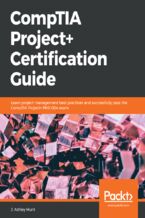




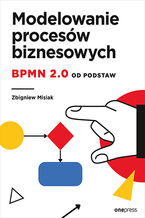
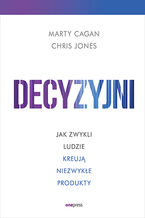
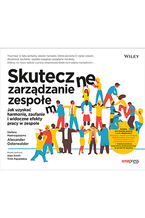
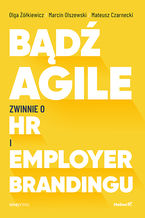
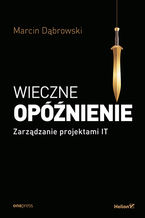

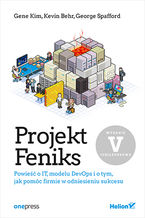
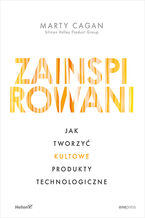






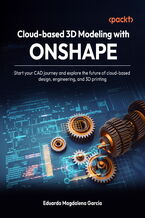
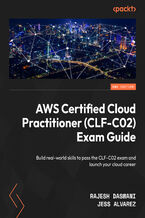

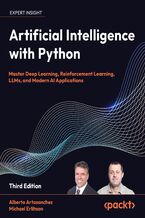
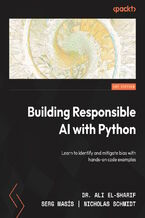
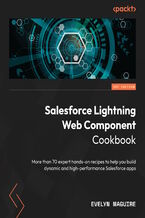
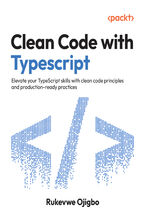
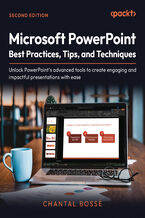
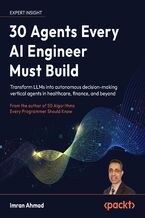



Oceny i opinie klientów: Becoming a PMP(R) Certified Professional. A study guide to mastering project management for the PMP® exam J. Ashley Hunt
(0)